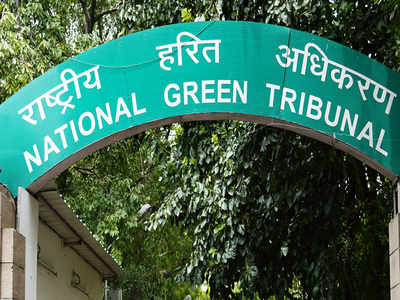The Times of India 17.12.2019
Wanted: Disposal unit in each district in Chennai

TCHENNAI: Following a directive from the National Green Tribunal, the district administration set up a monitoring committee in September and formulated an environment plan for Chennai.
According to the committee, which met two weeks ago, 825 healthcare facilities operate in Chennai district, but there are only two centres to treat biomedical waste they generate. These centres also cater to the waste from Tiruvallur, Kancheepuram and Cuddalore districts.
Activists said two centres were inadequate. “Every district should have a common biomedical waste treatment facility,” said environmental activist Jawaharlal Shanmugam, who has been fighting the state pollution regulator at various forums including the National Green Tribunal.
Jawaharlal said a general practitioner treating 40 patients a day at a clinic can generate 100 grams of biomedical waste. “Authorities are saying that we are generating 70,000 tonnes per year across all hospitals and clinics in the state, which is nothing compared to the number of healthcare facilities we have,” he said.
“For entire TN, there are only eight operational common biomedical waste treatment facilities. This is insufficient. Maharashtra, Karnataka, Gujarat have more than 20 such facilities,” Jawaharlal said.
In the district committee meeting, a plan of action was chalked out to treat biomedical waste.
The corporation’s health officers, officials of the public health department and pollution control board have been told to provide a list of bedded, non-bedded hospitals, blood banks, clinical labs in the district, after which all the facilities are to avail authorization from the pollution control board. It was decided that efforts will be made to set up a full-fledged common biomedical waste treatment facility within one year.
“The committee will ensure that biomedical waste management rules are complied with by tracking the collection vehicles and checking if the quantity loaded on the vehicles matches the waste generated,” a committee member said.








